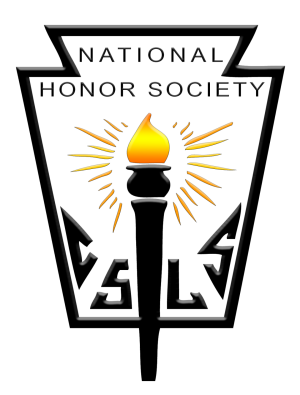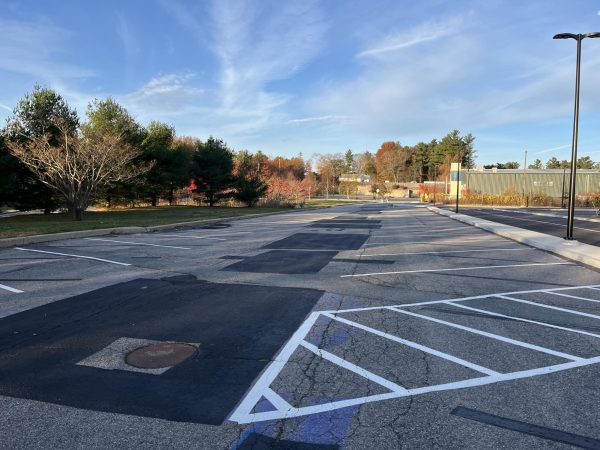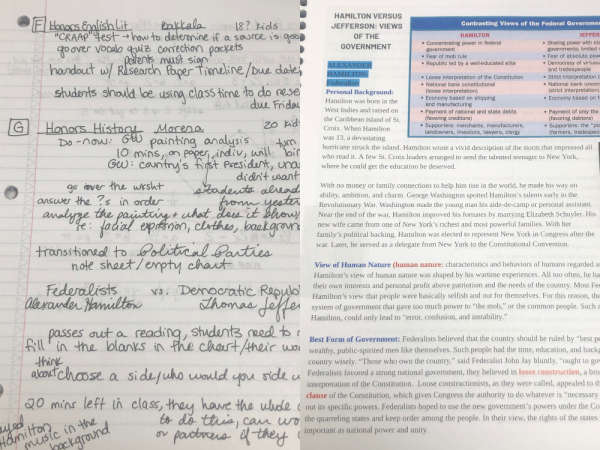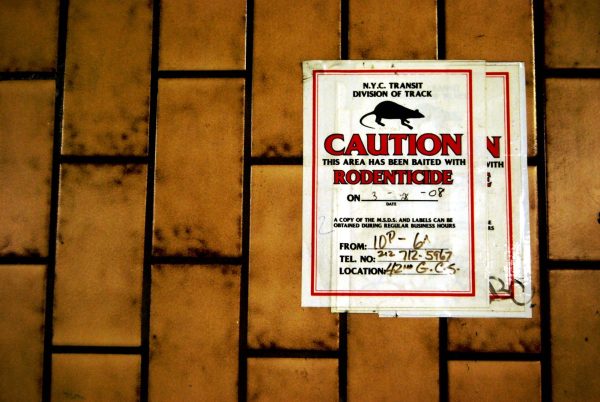AMSA clubs adapt and survive in remote setting
AMSA’s Quiz Bowl team has competed in a tournament sponsored by WGBH for years, including here in 2015.
With Covid-19 dominating all aspects of American life, clubs at AMSA were also forced to transition from in-person participation to a remote model, with meetings taking place over Zoom and the occasional socially distanced outdoor event.
Clubs stopped meeting when AMSA shut down last March 11, and they reconvened sporadically throughout the spring. Despite the many challenges, most have adapted well.
AMSA’s National Honor Society, which historically has structured meetings and a rigid attendance code, had to make drastic changes.
“We met maybe once every month [in the spring],” NHS president Rachel Skwersky said. “They gave us a couple of volunteer opportunities if we were interested, but there was no pressure to meet in the spring.”
New members originally planned to submit their applications on March 13 and attend an induction ceremony in late April.
“Then it turned into months,” Max Masleyev, a junior and recently inducted NHS member, said about his application process. “They eventually had to [accept applications] sometime in mid-May, and I got the results […] around mid-June. From there, we were basically in the club, and our induction was in late October.”
For a club that revolves around community service, finding volunteer opportunities presented a challenge. In previous years, NHS members completed a minimum of 40 service hours, but this year NHS reduced its requirement by half.
Service opportunities such as volunteering at food pantries are still available, but members can also participate in virtual opportunities, including tutoring AMSA students and creating pen pal relationships between seniors and 6th graders.
“The advisers told us to make sure no one feels pressured to put themselves in a dangerous situation while still serving the community,” Rachel said.
At the same time, it is difficult to maintain the “honor” part of the society when service hours are completed at home, often without an adult supervisor.
“A large part of what we’re doing right now is trying to compensate and trying to help the community even though it’s virtual,” said NHS secretary Kavi Krishnan, a senior. “One thing you’d never be able to do last year is log personal hours. The concept of doing an individual project, like creating masks or knitting, is something we would not have been allowed to do in years prior.”
In previous years, NHS officers presented members with a service opportunity each meeting, which they could complete together. Instead, this year’s officers created two main service projects, and members participate in separate Zoom breakout rooms.
The first project is a nursing home outreach program with Branches and New Horizons in Marlborough. Students are organizing games such as Jeopardy! and bingo, as well as language lessons and cultural presentations, which they present over Zoom.
“We’re going to try to keep the residents engaged and talking to people, and encourage discussion between students and the residents,” Rachel said.

Another group of NHS members is organizing an AP and SAT material drive, collecting textbooks and other school supplies, and creating a directory that will be open for distribution to AMSA students in need.
NHS officers agreed that commitment was the hardest obstacle to overcome during the transition online.
“Considering we’re not face to face and there’s no sense of accountability, we have to work harder to make sure members are paying attention,” Rachel said. “The most important skill to have is problem solving and being able to come up with solutions quickly. We have to take on the responsibility of providing people with hours as well as making sure the club is engaging and productive for every single meeting.”
Despite the unprecedented situation, NHS organized meetings twice a week, virtual service projects, and an experience that simulates in-person club membership. In addition to completing their 20-hour requirement, NHS members are also developing personal projects that benefit the community.
“I think NHS is one of the more successful clubs when it comes to [transitioning online],” Kavi said.
AMSA’s student-run a cappella group, the Photosymphonizers, had to work around gathering restrictions due to the fact that singing is considered a potential “super spreader” event.
The Photosymphonizers held virtual auditions over the summer, notifying new members via email and communicating through Google Classroom.
“First I had to send a video of me singing, and then I had a Zoom call with me singing, and then I got in,” said junior Lauren Williams, a new member.
The Photosymphonizers meet once a week over Zoom, but latency and audio processing software make it impossible for a large group to sing together.
“Everyone has different Internet speeds,” Lauren said. “If one person starts singing at their time, it might start five seconds later somewhere else. We did try to sing together one time. Whoever was singing the loudest, you’d only hear them, and then the quieter people would just get drowned out.”
The Photosymphonizers did hold a live concert on Oct. 31 outside of Marie Esther Skilled Nursing and Rehabilitation, six feet apart and wearing masks and face shields.
“Instead of learning the different parts, we all learned the normal song, and one person was a soloist. They were the only one with the mic,” Max said.
Before the pandemic, AMSA’s Quiz Bowl team traveled to tournaments at schools across the commonwealth. Organizers paused tournaments in the spring, but they returned virtually at the beginning of the school year.
“Over the summer, people did start to experiment with ways that we could still do Quiz Bowl online, so in the fall, there have been quite a few online opportunities to have tournaments,” said history teacher Jessica Bowen, the Quiz Bowl coach.
Pre-pandemic tournaments used a set of buzzers, and players would “buzz in” to answer questions about various subjects.
“There’s a lot of variation in [online] tournaments — they use different platforms — but overall it’s maintained a similar structure to normal tournaments,” Max said.
AMSA’s team recently qualified for the High School National Championship Tournament and High School Quiz Show, a televised tournament out of Boston.
“Recruiting new players continues to be a challenge,” Mrs. Bowen said. “You can’t hang posters around school, and kids aren’t interacting with each other to say, ‘Hey, you should check this out!’”
The team has participated in virtual tournaments run from Minnesota and Texas, and although time zones are now a factor, the team no longer needs to take commute time or cost into account.
“It turned out that out of all of the clubs, Quiz Bowl was fairly adaptable,” Mrs. Bowen said. “It feels kind of normal to be online.”
It’s a brave new virtual world.
Amanda is a junior in her first year writing for The AMSA Voice. She came to AMSA in 7th grade, and she is on the Quiz Bowl team and in the National Honor...






